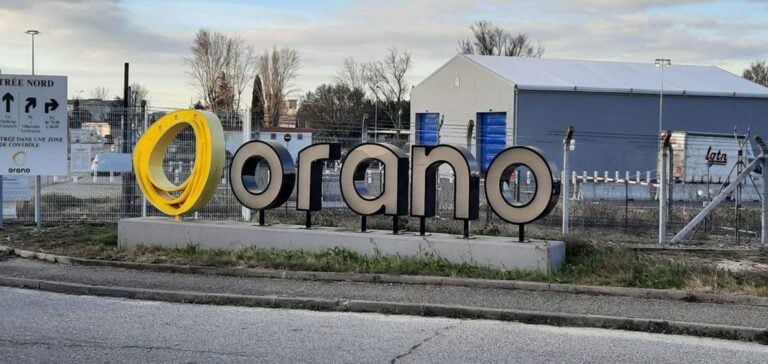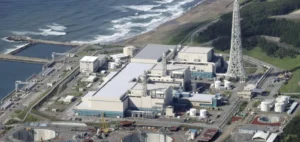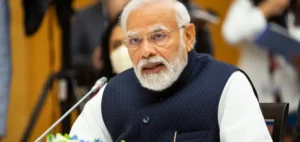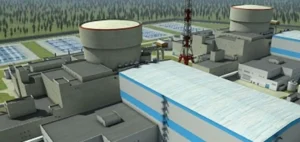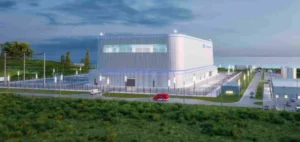The French nuclear specialist, Orano, has announced an upward revision of its financial objectives for 2024. The projected revenue now stands at €5.8 billion, compared to the previously anticipated €4.8 billion. This increase is based on the recent signing of contracts for the return of Japanese nuclear waste currently stored at the La Hague plant, located in the Manche department in France.
These contracts, which account for approximately 3% of the total radioactivity of the nuclear waste concerned, will facilitate the transfer to Japan of materials processed between 1981 and 1999. During this period, Orano (formerly Areva) had agreements with ten Japanese nuclear operators for the treatment of 2,793 tons of spent fuel. The company notes that 97% of the related waste has already been returned to Japan.
Suspensive conditions and financial implications
Although promising, these new agreements are subject to specific suspensive conditions, the details of which Orano has not disclosed. If the conditions are met, these contracts could significantly contribute to the company’s profitability. Orano has also revised its EBITDA margin forecast for 2024, now estimated between 33% and 35%, compared to the previous estimate of 22% to 24%.
This improvement in financial outlook highlights the group’s strategy to strengthen its international commercial relationships while leveraging its expertise in nuclear waste management.
A strategic challenge for the nuclear sector
The official authorization, granted by the French administration on November 27, 2024, confirms the regulatory compliance of the planned operations. This green light also reinforces Orano’s credibility as a trusted partner for international nuclear operators. Additionally, the return of nuclear waste to Japan aligns with a balance between historical contractual commitments and French regulations on radioactive material management.
The announcement of these new contracts comes as the nuclear sector seeks to meet growing demands for sustainability and transparency. By fostering international cooperation in waste management, Orano demonstrates its ability to address strategic challenges posed by the nuclear circular economy.


